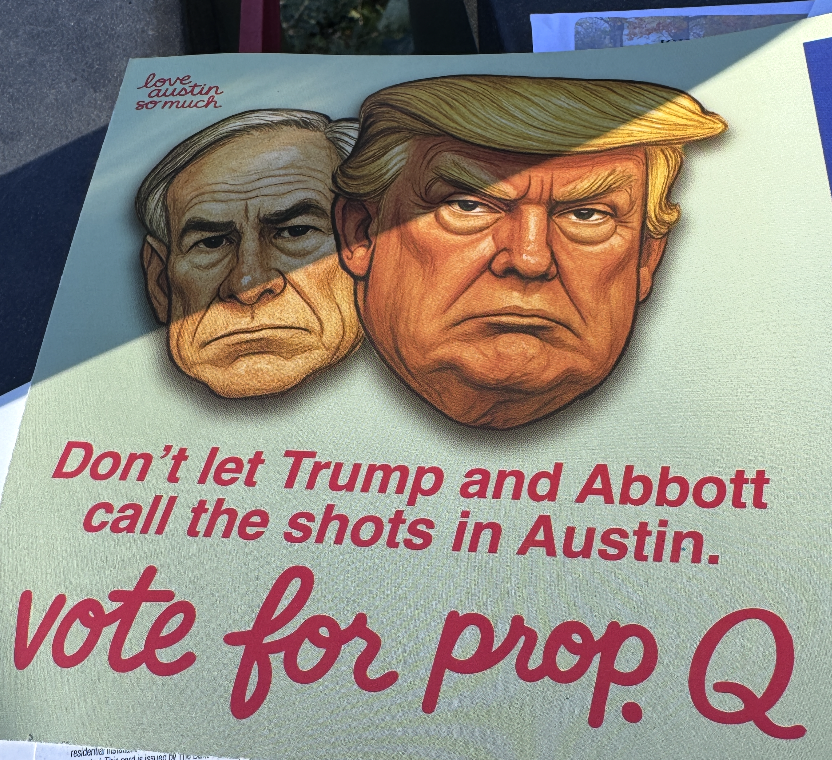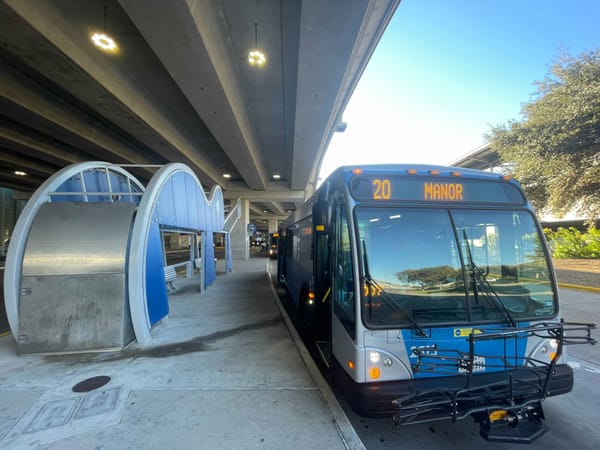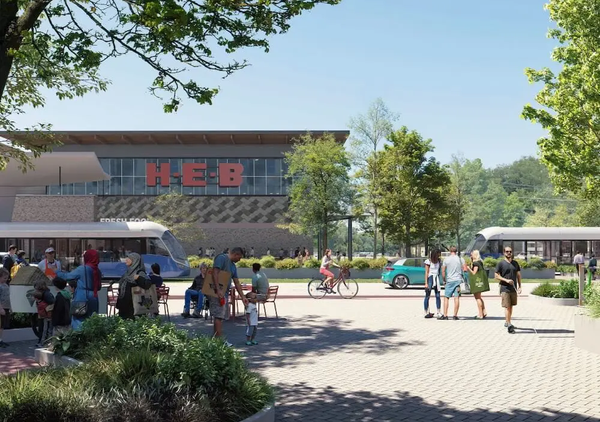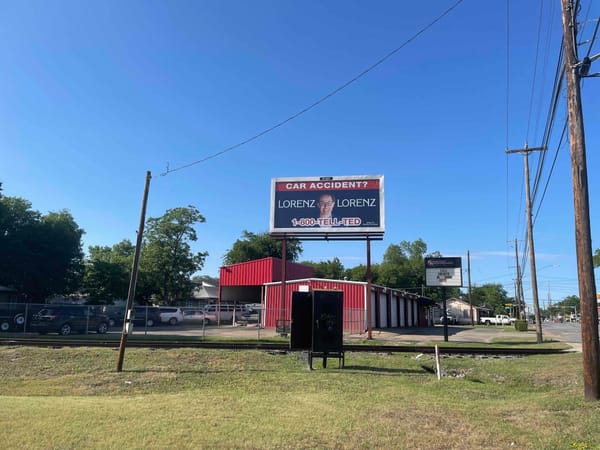Is being anti-Trump enough?
Prop Q's anti-Trump strategy.

Today is the first day of early voting for Prop Q, the proposed tax hike, and a number of state constitutional amendments. The Travis County Clerk has information on where and when you can vote. Whether you vote early or on Election Day (Nov. 4), I guarantee you there won't be much of a wait, so don't stress.
If I talk to an informed supporter of Prop Q, they'll give me a lot of arguments about why the city needs to raise taxes. It's unlikely that Donald Trump will come up in the conversation.
To be clear, the Trump administration has had a direct effect on city services. The city has lost an estimated $15 million in federal funds for health programs.
But the great majority of the spending the city is seeking through the TRE is not replacing any money taken by Trump. And nor does the TRE do anything about the federal grants the administration has revoked for a variety of capital projects: flood control, the I-35 highway deck, the Bergstrom Spur urban trail.
So why in the campaign for Prop Q is Trump seemingly the main character?
Easy answer: the campaign doesn't know what Austinites think about the city fiscal policy, but it knows what they think about Trump.
U.S. politics these days is more about what you hate than what you like. Or negative partisanship, in the parlance of political scientists. There remains a small group of people open to either party, but the great majority of voters are far too anchored to their deep distaste for the other side to budge, even if in many cases their political positions do not perfectly align with the party they vote for.
This is hardly the first time that a city campaign has leaned heavily on anti-Trump sentiment. It's now a well-established practice, going all the way back to Alison Alter's successful runoff campaign against then-incumbent Council Member Sheri Gallo.
When NIMBY groups tried in 2018 to put in place a charter amendment that would have subjected any rewrite of the land development code to a public vote, Mayor Steve Adler and other supporters of land use reform waged a successful opposition campaign with the memorable tag line: "Don't Trump Austin." Also on the ballot that year was a proposition to require the city to hire an outside consultant to conduct an efficiency audit. That was also defeated by a union-backed campaign that leaned almost entirely on anti-GOP sentiment.
The campaign for Project Connect in 2020 certainly included a positive case for mass transit, but it also involved a lot of barbs highlighting the opposition campaign's ties to Republicans.
There is a reason appeals to tribalism may have been more successful in those campaigns than this one, however. Those propositions were after-thoughts on presidential or midterm ballots. Hundreds of thousands were turning out to vote for Beto or Biden; few of them were going to spend more than 30 seconds thinking about the propositions at the bottom of the ballot. Your goal in that instance is just to make sure that as many of them as possible vaguely identify your position as the Democratic or liberal one.
Prop Q is a very different situation. This is an odd-year election with no high-profile offices up for grabs. Almost everybody showing up to vote in this instance is specifically there to vote on Prop Q, although I suppose there might be a few weirdos turning out for the state constitutional amendments.
The Prop Q campaign knows this of course. They're not going after low-propensity presidential voters. They're almost certainly focusing almost on the strongest Democratic partisans, known in campaign circles as the "Triple Ds" — those who have voted in the past three Democratic primaries.
The model that it should aspire to replicate is the No Way on Prop A campaign from November 2021, when Austin voters overwhelmingly rejected a proposition backed by the police union and Save Austin Now that would have burdened the city with a hugely expensive police staffing mandate.
The message from the No Way on Prop A campaign was that conservative groups were going to force the city to spend heavily on police, therefore forcing it to cut heavily into libraries, parks and other programs.
Prop Q is similarly framing the election as a defense of city services, but it has the added burden of defending a tax hike. You can hate Trump and not want to fork over a couple hundred more dollars a year to the city.
And there are a lot of warning signs that Prop Q cannot count on the typical Democratic coalition. It barely snagged the endorsement of the Travis County Democratic Party, clearing the two-thirds support threshold by one vote. The Statesman editorial board recommended against it. The vibes on r/Austin are very negative.
We'll see!





